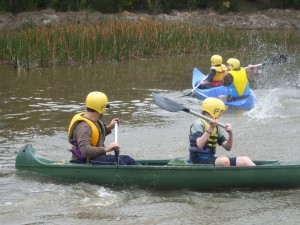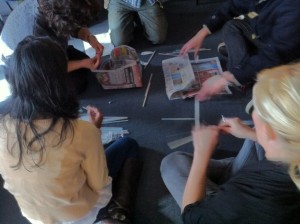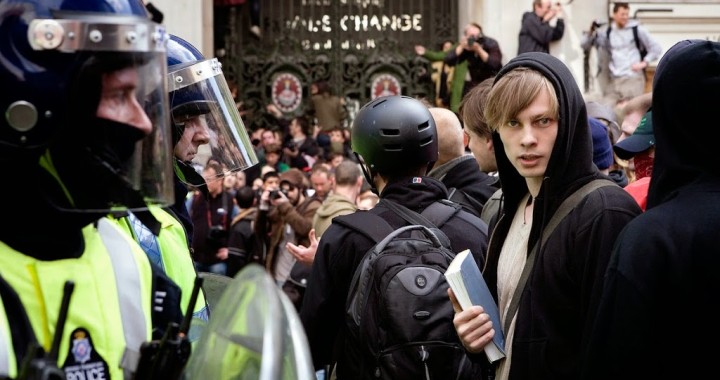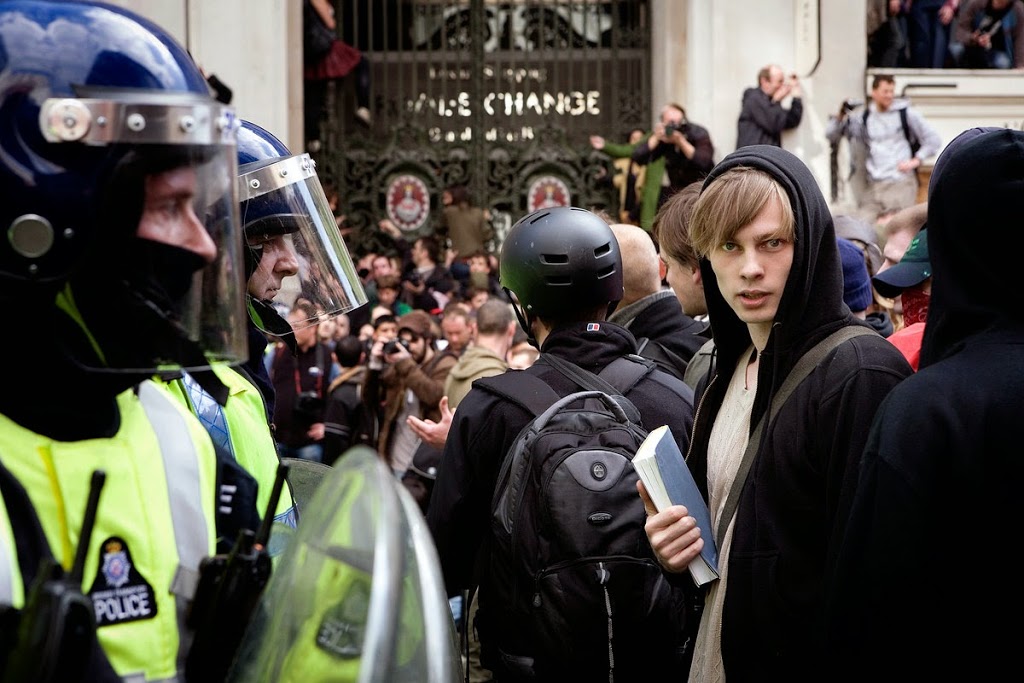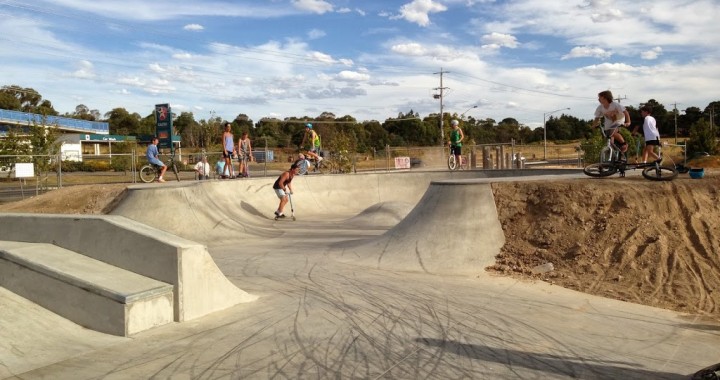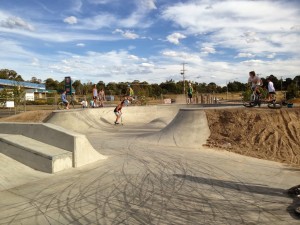I have been rereading “Youth Work Ethics” by Professor Howard Sercombe lately. I forgot how good a read it is. Clear, concise and straight to the point. What got me was a really interesting discussion of professions being a relationship. Particularly, that by building this professional relationship we build trust in our clients allowing them to be vulnerable in our presence. Sercombe states, “Youth work creates spaces within which that can happen well, and walks with young people through the process of it happening“.
As a youth worker I have been involved in the discussion of professionalising our sector for over a decade. All too often the focus of professionalising is setting us apart from our clients. It is putting in rules and policies which hold them at arms length from us. Other ‘professions’ such as psychology and nursing are often held up as benchmarks because of this ‘professional distance’ from their clients. We look to them and attempt to emulate their style because we live in a notion of professionalism which is rooted in the sociological view of professions from the 1950’s. However, many youth workers around the world struggle with this as it further separates us from our clients. It empowers us and further oppresses them.
If we as a fledgling profession decide to follow in the tired old footsteps of professions gone before us we will continue to further push our clients away. This goes completely against the grain of our core values. Youth work is a relational profession! Building professional relationship is at the core of all our work. As Sercombe says, “It is a partnership within that space – a covenant… in which youth worker and young person work together to heal hurts, to repair damage, to grow into responsibility, and to promote new ways of being“.
This is the joy I have when I think about our profession. We are partners in the journey with our young people. We walk alongside them in joy and sadness, lows and highs. Looking towards a bright new day. That is a professional relationship!
